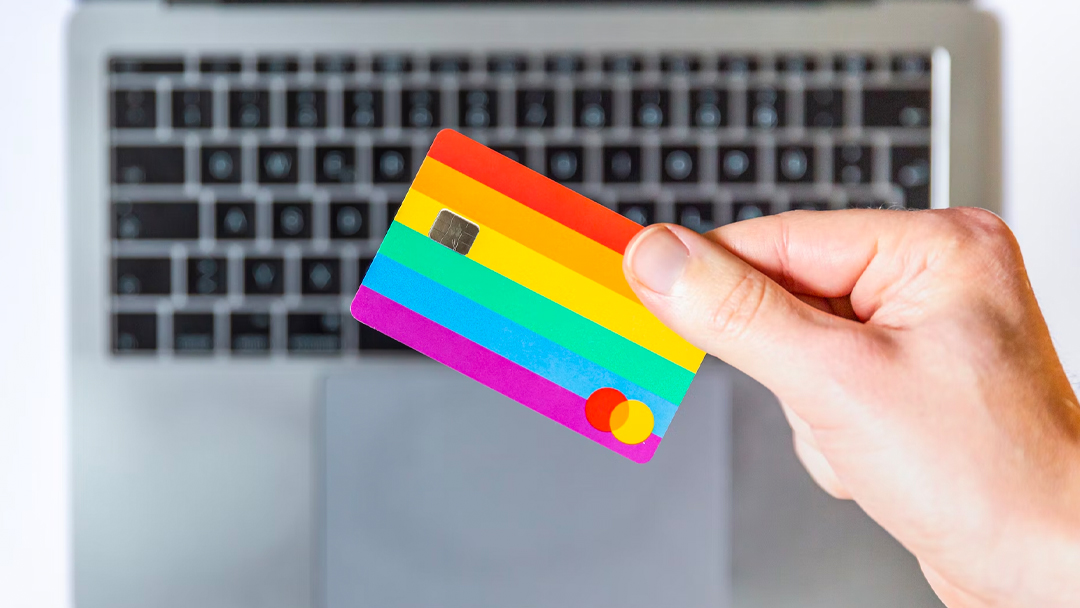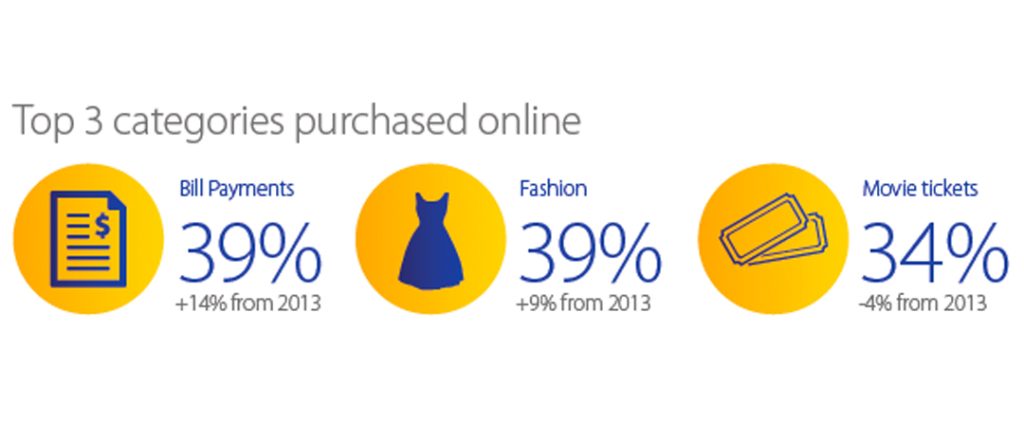Filipino consumers are seeing value in online shopping, with as much as nine out of 10 consumers going online to shop at least once a month, according to the Visa eCommerce Consumer Monitor 2014.
Benefits such as convenience (58%), price (47%), and deals (46%) are being cited as top reasons for online shopping.
“As local and international e-commerce websites become more popular among Filipino consumers, we can expect a steady increase in online shopping and e-commerce growth in the country,” said Stuart Tomlinson, Visa country manager for the Philippines and Guam.
The study reveals that the top three categories for online transactions are bill payments (39%), fashion-related items (39%), and movie tickets (34%).
Even traditional Filipino shopping habits carry over in the digital world—the convenience of online shopping allows 63% of Filipinos to compare prices of items without needing to visit physical stores.
Filipino consumers also favor e-commerce sites which store their payment details, citing faster checkouts for their orders (58%).
While Filipinos still predominantly use cash for everyday transactions rather than payment card readers, Visa’s eCommerce study reveals that Filipinos prefer to use payment cards (65%) when shopping online over cash on delivery (35%) and bank transfers (34%), highlighting the strong confidence towards using payment cards.
The study further reveals that consumers are shifting to mobile phones when shopping online, with 51% of respondents browsing for items through their smartphones and 29% proceeding to make their purchase through their phones. However, desktop purchases still dominate the Filipino consumers’ preferred platform, with 82% of consumers browsing and 90% making purchases using their desktops and laptops.
Another study on consumer behavior by Visa, entitled Visa Consumer Payment Attitudes Study 2014, highlights the preference of Filipino online shoppers towards local online retailers (80%) for faster deliveries (62%) and less risk of lost orders (55%).
This supports the findings of the eCommerce study where Filipino consumers are concerned with delivery times (43%) and payment security (45%) when shopping for their items in overseas websites.
“Filipino consumers value products and services that make their lives more convenient. It comes as no surprise that they see the accessibility that online shopping provides. The insights that we gain from this study allow us to develop relevant platforms, products, and services such as Verified by Visa, Visa Entertainment, and other value-added features that promote faster, secure, and more convenient deals and transactions that help promote retail and e-commerce growth in the country,” concluded Tomlinson.































































